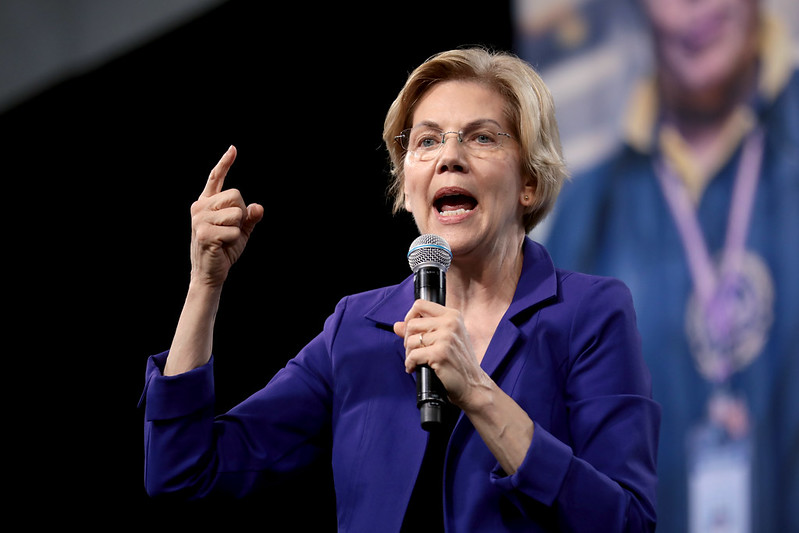
Democrats such as progressive Senator Elizabeth Warren (D-Mass.) and senior Ways and Means member Bill Pascrell (D-NJ) are vowing to crack down on private equity for their role in the recent GameStop-Robinhood trading controversy.
The only problem? Private equity had no role in this event.
Democrats either don’t know or don’t care that there is a significant and clear difference between the type of investments seen in the Gamestop-Robinhood controversy and the investments made by private equity firms.
Private equity took no part in buying or selling GameStop – that was institutional investors and individuals trading on Robinhood.
Private equity doesn’t even make short term trades on publicly traded equities like GameStop.
Instead, they take companies private (hence the name) and invest in them based on the belief that these investments have long-term growth potential. Portfolio companies owned by private equity are held for a significant period of time, often 5 to 7 years. As the investment matures, the portfolio company may eventually become publicly traded as the investor seeks to cash out of their investment.
In a letter to the Acting Chair of the Securities and Exchange Commission, Senator Warren blames private equity for “recent chaos” and alleges they have been “treating the stock market like a casino.”
Similarly, in a tweet Rep. Pascrell said he has a bill that would stick it to hedge fund managers – raising taxes on carried interest capital gains, which is a tax hike that would impact private equity, not hedge funds.
Democrats are clearly using the recent event to push their ultimate goal of massive tax increases and more regulation.
For instance, Rep. Pascrell’s legislation would nearly double the tax rate on carried interest capital gains and is part of the left’s goal of taxing all investments as high as possible. President Biden has vowed to raise taxes on all capital gains to 43.4 percent, a tax hike that would harm the 53 percent of American households that own stocks and hinder new investment in the economy, constraining economic growth.
Carried interest is no different from other capital gains and is rightly treated the same. In each case, the investor purchased an asset, grew the asset by making it more economically valuable, and sold the asset at a profit.
Sen. Warren wants to go even further that doubling taxes on private equity. In past years, she has proposed legislation she calls the “Stop Wall Street Looting Act.” It contains a slew of excessive tax hikes including a discriminatory limitation on deducting business expenses. It also imposes crushing regulations such as holding private equity liable for all debts, legal judgments and pension obligations of their portfolio companies – potentially bankrupting any firm in a single deal.
The proposal is so heavy handed that a study by USC Professor Charles Swenson found that it could shrink investments by between 25 percent and 100 percent. This means it would cost anywhere from 6.2 million jobs to 26 million jobs and would reduce state, local, and federal revenues by anywhere from $109 billion to $475 billion per year.
By trying to lay the blame of the GameStop-Robinhood controversy at the feet of private equity – a party that doesn’t invest in short term equities – Democrats are proving they are living by the mantra of not letting a crisis go to waste.
The truth is, this is just another thinly veiled attempt to justify huge tax hikes and more regulation on the American economy and jobs across the country.

